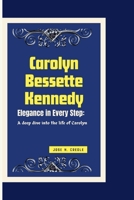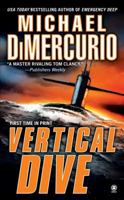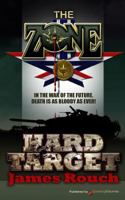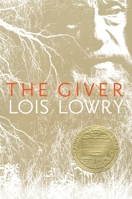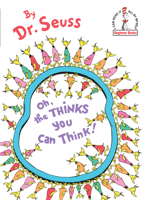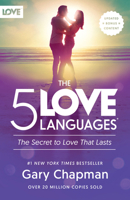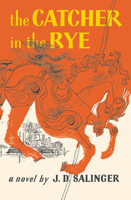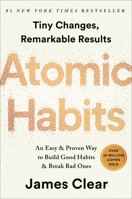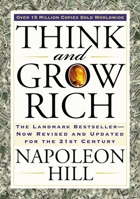The Ancient of Days
Select Format
Select Condition 
More by Jose N. Credle
Book Overview
ABOUT THE NEWLY-EDITED PAPERBACK EDITION: At the close of the Stone Age, a unique period in the history of man, Ronstrom the Builder would stand at the brink of a savage, lusty world and work wonders that would inspire the ages. A six-week New York Post bestseller about the long, savage and spiritual route from ancient civilization to our own. "Brilliant, brutal, raw and ultimately true." -The New York Post Also available on Kindle, as are Irving A. Greenfield's "A Play of Darkness," "Only the Dead Speak Russian," "Beyond Valor," "Snow Giants Dancing," and "Succubus." This description may be from another edition of this product.
Format:Paperback
Language:English
ISBN:B000UDCZEG
Release Date:January 1973
Publisher:Avon Books
Length:317 Pages
Weight:0.55 lbs.
You Might Also Enjoy
Customer Reviews
3 customer ratings | 3 reviews
There are currently no reviews. Be the first to review this work.













